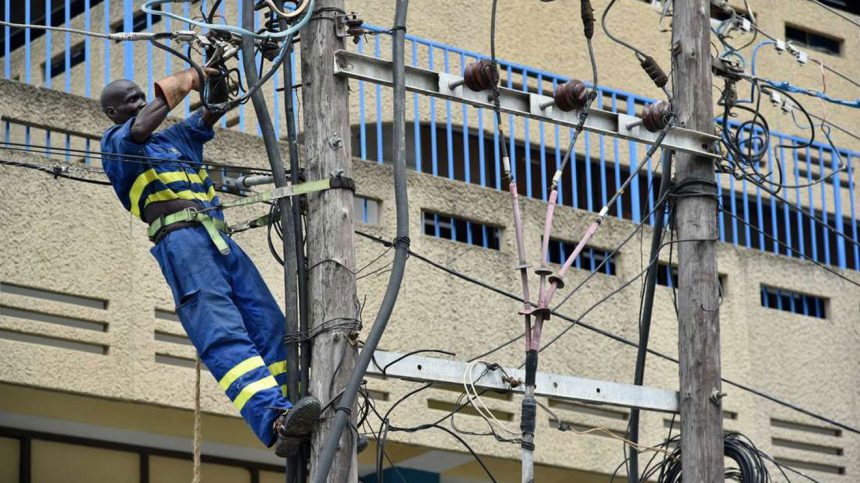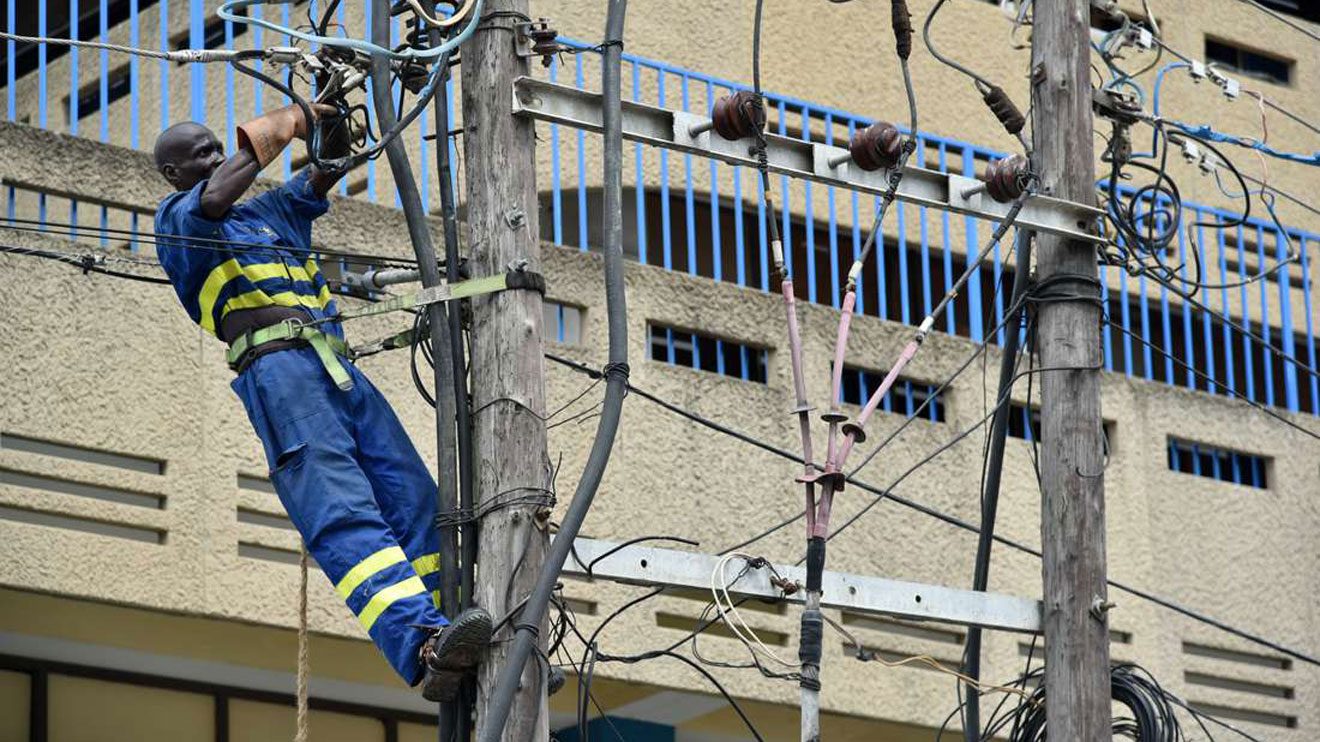Kenya Power should brace for competition in coming months after the energy regulator revealed that it is working on regulations to allow electricity producers sell power directly to all consumer groups.
The Energy and Petroleum Regulatory Authority (Epra) says the regulations will set the stage for producers such as KenGen to sell power directly to large consumers like factories.
The regulations, if adopted, will operationalise provisions of the Energy Act, 2019 that allows for opening up of the electricity distribution market.
The opening up of the sector is expected to hit revenues of the State-owned electricity distributor but is aimed at boosting reliability of electricity amid a growing number of large consumers shifting to alternative power sources due to cost and unreliability of the national grid.
“The wheeling regulations are coming. They are going to be out and opened for public participation in the next three months,” Epra director-general Daniel Kiptoo told Business Daily Thursday.
“There is, however, a need to strike a balance and ensure that we do not leave the government holding the baby (Kenya Power).”
Section 136 of the Energy Act, 2019 compels Kenya Power to allow a non-discriminatory access to its transmission system for use by any licensed distributor upon payment of transmission or wheeling charges.
Under the Energy Act, “wheeling” means the transmission system, distribution system and associated facilities of a transmission licensee or distribution licensee can be used by another person on agreed charges.
This means that Kenya Power will charge electricity generators for using its transmission line to directly sell electricity.
KenGen, which accounts for at least 60 percent of the electricity supplied to Kenya Power every year, had in 2020 announced plans to start direct sales upon enactment of the Energy Act.
The State-owned power producer had said its first targets would be the large customers that account for over half of Kenya Power’s electricity sales revenues.
KenGen and the independent power producers will need a distribution licence from Epra if the wheeling regulations are adopted.
Kenya is seeking to emulate nations such as South Africa and developed economies such as the US and Germany that allow wheeling.
Electricity wheeling is seen as key to ensuring affordable and reliable power supplies but the supply line must be robust.
Kenya Power is grappling with an ageing transmission line which needs billions to upgrade. The utility has announced plans for a Sh10 billion revamp of its network in the year starting July.
Independent power producers early this month petitioned Parliament to operationalise the section in the Energy Act to allow for competition in power distribution.
Kenya Power has nine million customers and has been eyeing to grow the numbers in the coming years, ultimately increasing revenues.




